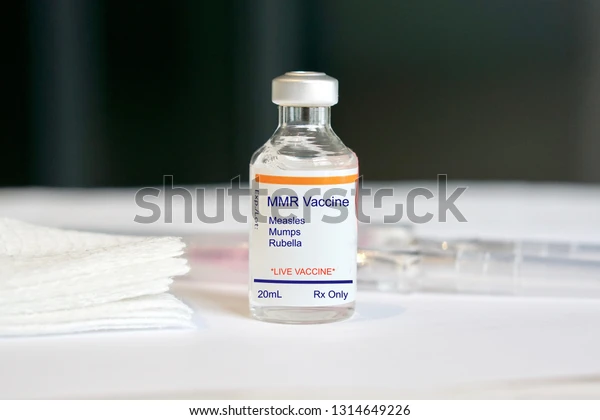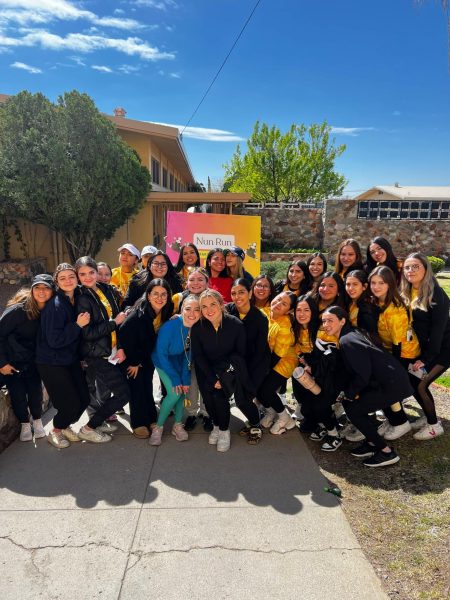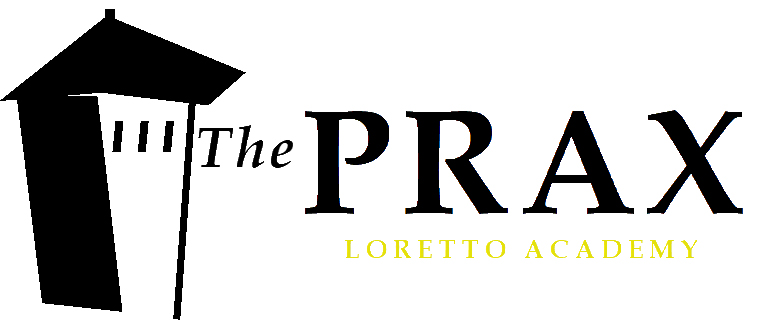Concern rises over growing US Measles outbreak

Photo courtesy of Shutterstock
May 5, 2019
The United States has been experiencing its worst Measles outbreak since the disease was declared eradicated in 2000.
So far, 695 cases of Measles have been recorded in 22 states this year according to the Center for Disease Control and Prevention (CDC).
The current resurgence of Measles has been linked to the spread of misinformation about vaccines according to Public health officials.
A percentage of parents in the United States oppose vaccines believing, contrary to scientific studies, that they cause autism in children.
The largest outbreaks are concentrated in Orthodox Jewish communities in New York City’s Williamsburg neighborhood, where some 390 cases have been confirmed, and Rockland County north of New York City, which has recorded 201 cases.
Other outbreaks have been recorded in New Jersey, California, Washington State, and Michigan.
According to the CDC, Measles is a highly contagious disease caused by a virus that can spread through the air when an infected person coughs or sneezes or if someone comes into direct contact or shares germs by touching the same objects or surfaces.
Measles symptoms may include fever, cough, runny nose, watery eyes and a rash of red spots.
Late last week, over 1,000 students and faculty at the University of California, Los Angeles were put under quarantine as authorities raced to contain a potential measles outbreak.
According to CNN, Georgetown University’s Lawrence Gostin, who directs the O’Neill Institute for National and Global Health Law said, “Campuses really are hotbeds of infectious diseases,” Gostin said.
“Young people are in close contact, eating food together, living together in dorms.”
“It’s such a high-risk environment,” Gostin said, that every simulation he creates on an infectious disease outbreak “begins on a college campus and then spreads to the city, and then state and country.”
Although which vaccines are required for college students vary by state, the following is a list of vaccines the CDC recommends for all incoming and current college students:
- Meningococcal conjugate vaccine
- Whooping cough vaccine booster
- Human Papillomavirus (HPV) vaccine
- Season flu vaccine
- Tetanus, Diphtheria, and Pertussis Vaccine
- Measles, Mumps, and Rubella (MMR) Vaccine
The growing measles outbreak may be cause for concern as it seems as if everyday another case is reported.
It’s important to stay up to date with vaccines and parents are advised to vaccinate their children despite anti-vaccination propaganda surfacing in the internet lately, numerous scientific journals such as www.publichealth.org have valid research debunking vaccine myths.













